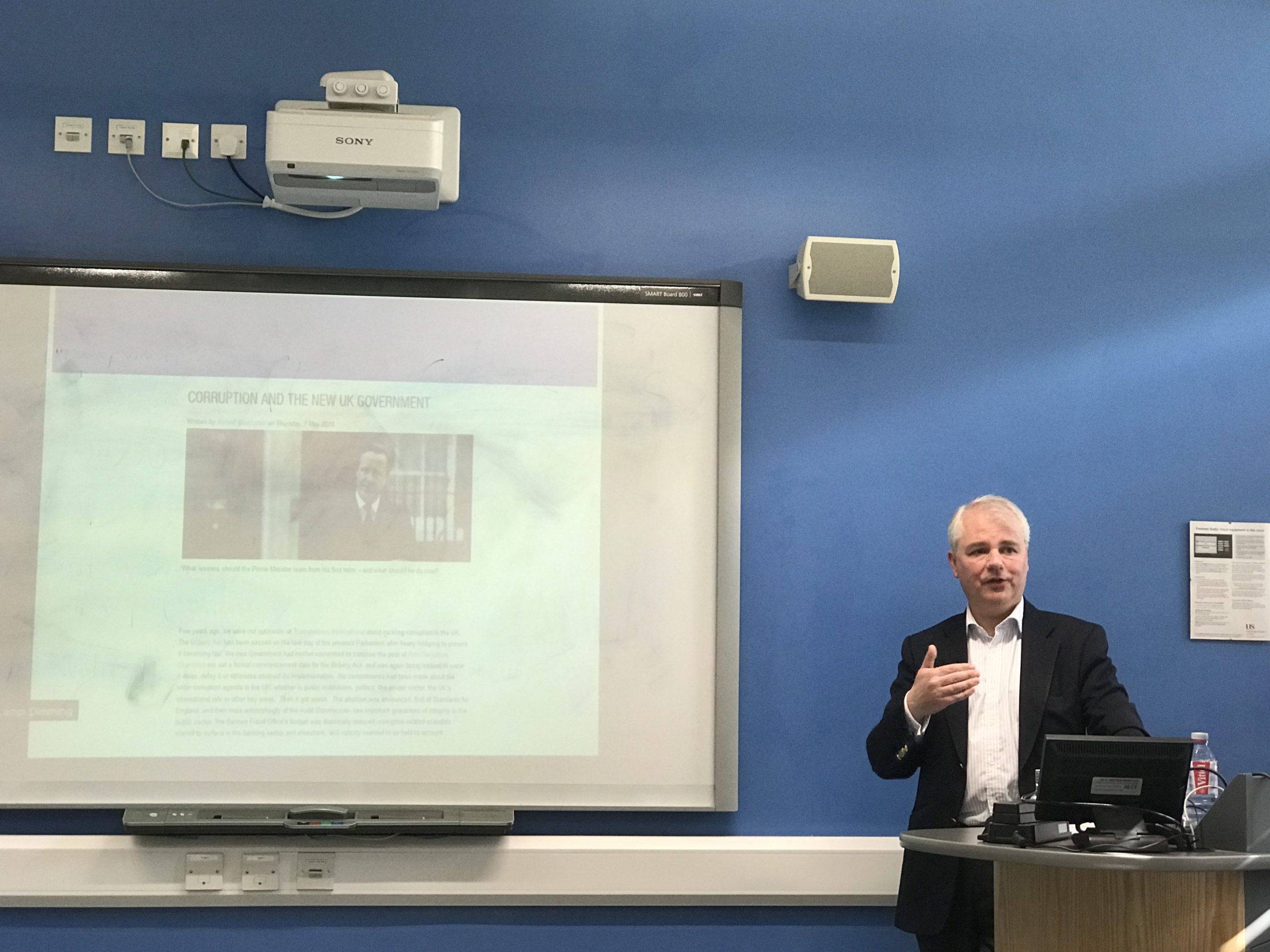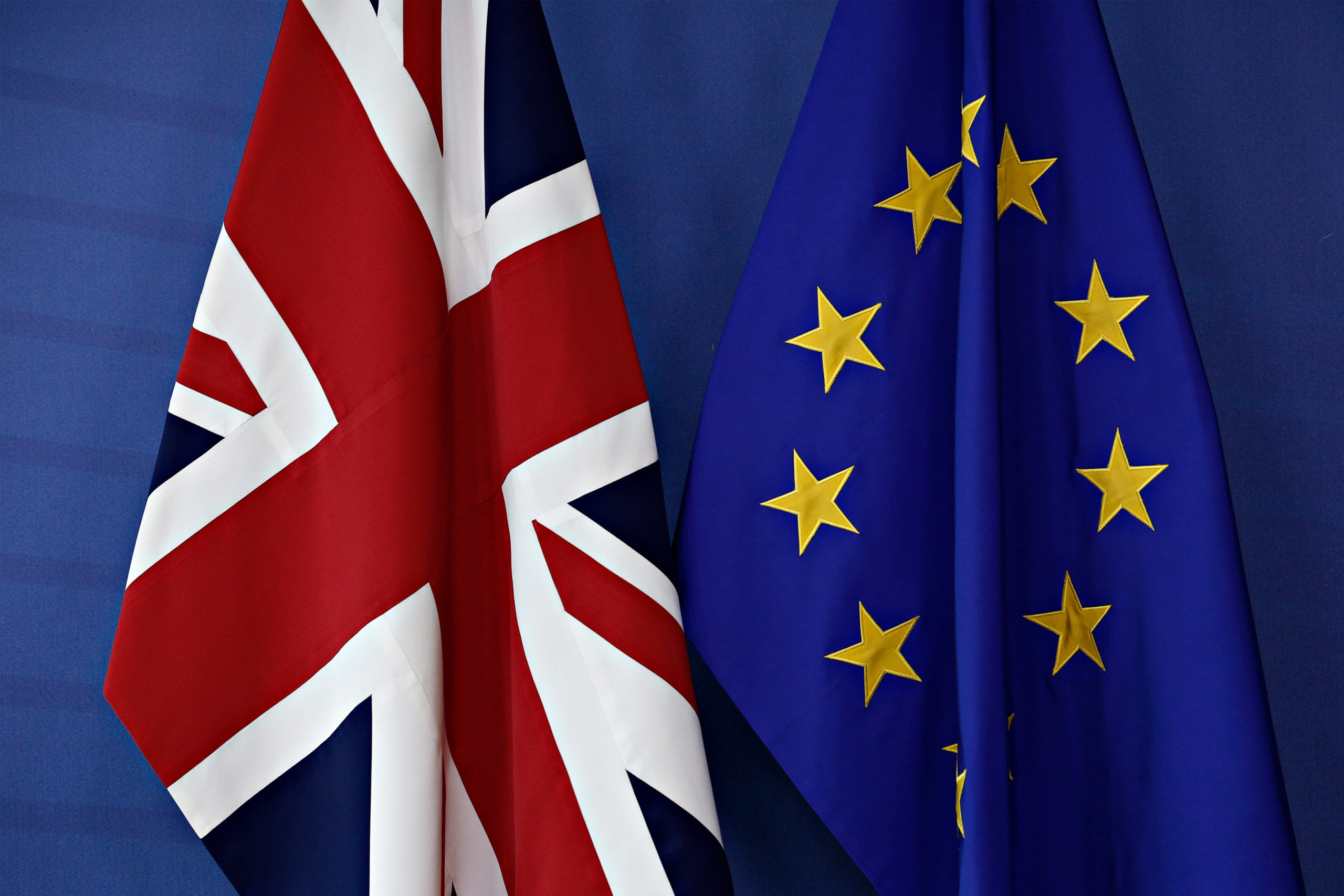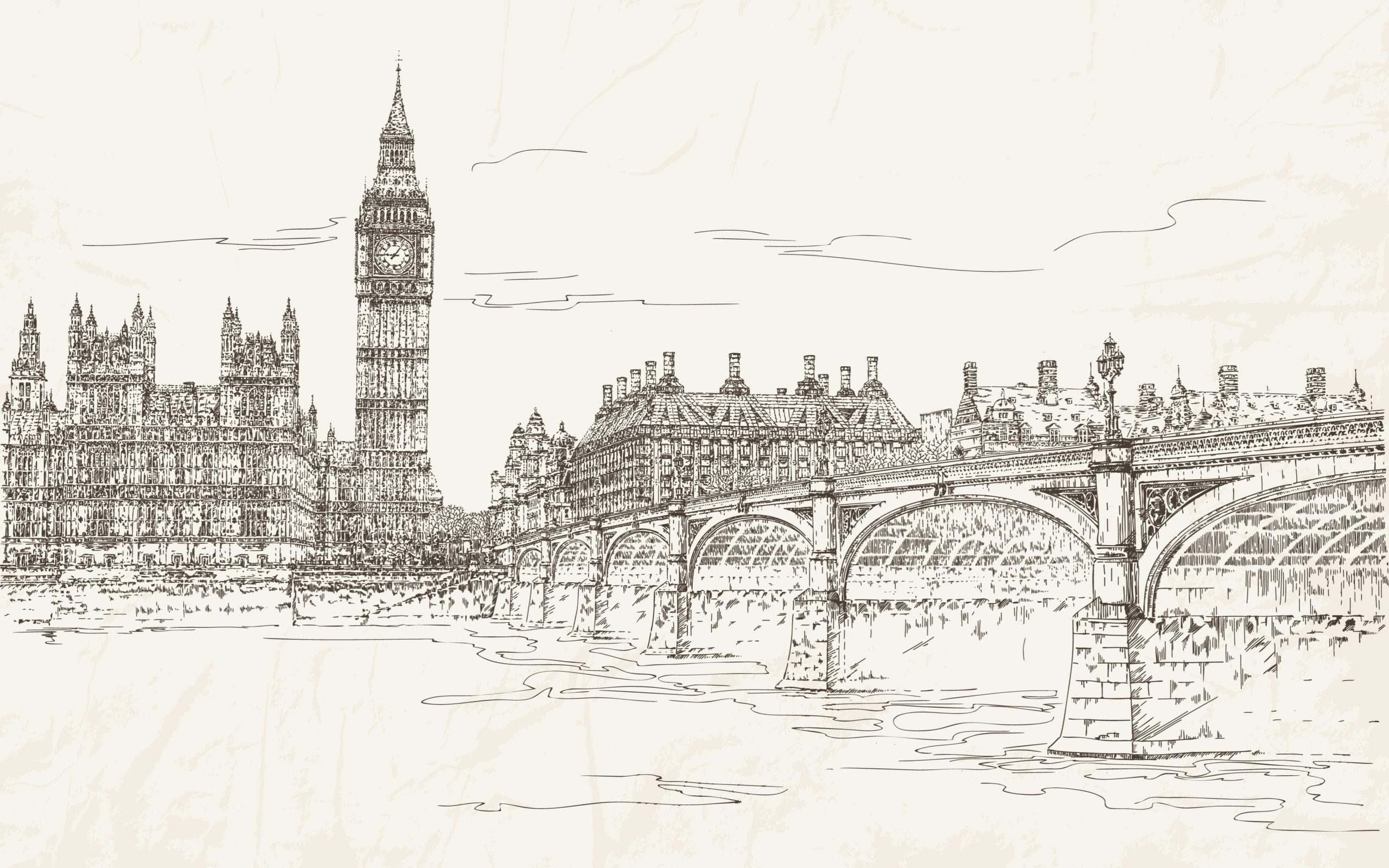Joseph Sinclair, a lawyer currently enrolled on the Masters in Corruption & Governance, evaluates the success of the Bribery Act on its tenth anniversary by looking at the issues of corporate culture and international impact.
The UK Bribery Act (UKBA) has seen some notable prosecutions and settlements, which have both tested key parts of the law in the courts, and shown that companies of all sizes can be held to account. Ten years on, we can also start to evaluate how the new law has worked beyond prosecutions.
Impact on Business Culture
The Bribery Act contained several innovative approaches, none more so than Section 7, the ‘failure to prevent bribery’ offence. The defence for this would be for a company to have in place adequate procedures to prevent bribery. This, of course, immediately gave rise to the question of what constituted an adequate procedure.
Although it provides a defence, Section 7 has also caused worry within the business community about thresholds and definitions: is corporate hospitality allowed?; can I take my client to Ascot or is this a bribe? This led to a F1 team expressing concern that the Act may drive corporate sponsors away from sport. To this end the UKBA required that the Ministry of Justice (MOJ) publish guidance.
Effective in 2011, it is unlikely to have allayed the fears of the F1 team (the MOJ’s answer is “it depends”). It nevertheless offers 6 practical principles for companies: proportionality, top-level commitment, risk assessment, due diligence, communication and training, and monitoring and review – the cornerstones of effective anti-corruption governance.
A quick search on Google shows there was no shortage of consultants, lawyers and accountants warning companies to get their houses in order. As the then chief criminal counsel at the FSA put it, “…the level of consternation about the Act has no doubt to some extent been fomented by professional advisers who have spotted a lucrative new practice area, and are frightening their clients to death about it”. And to some extent they are right to do so. The Act takes a “no ifs, no buts” approach. It is described as the strictest legislation in the area to date.
But all this is bluster if it does not translate into a different working culture for those engaged in business in the UK and overseas. The authorities cannot prosecute everyone that falls foul of the law. Like a prisoner in Bentham’s Panopticon, the business community should feel the authorities over their shoulder. Both Standard Bank’s and Airbus’s cooperation with Serious Fraud Office (SFO) investigations suggests that this is the case. As the following examples show, the Bribery Act has already achieved a great deal in setting corporate expectations and moderating behaviour.
In their Global Economic Crime Survey 2018, PWC reported that nearly a quarter of respondents had been asked to pay a bribe, compared to 5% in 2016. PWC’s explanation was that, rather than there being a sudden surge in global demands for bribes, there had been improvements in how businesses detected bribery, as the UK was now “…at the forefront of global anti-corruption efforts”. Three-quarters of respondents in the 2018 survey had a formal programme of ethics and compliance in place; 62% said that this included provisions for anti-corruption and bribery (above the 50% global average). Similar trends were identified in a survey undertaken by EY in 2017; 34% of respondents said that corrupt practices happen widely – up from 18% in 2014.
Goldstraw-White and Gill’s study gives further credence to the interpretation that British companies were becoming better at identifying bribery. Their survey showed that the UKBA had imposed additional obligations and raised awareness of anti-bribery good practice. One-third of respondents (64 organisations based in the Middle-East), had introduced some form of anti-bribery and corruption policy. A majority felt that leaders were committed to tackling corruption. Many had reviewed their policies in anticipation of the Act.
LeBaron and Rühmkorf undertook a comparison of the impact of the Modern Slavery Act 2015 and the Bribery Act 2010 on corporate accountability within global supply chains. They analysed the codes of conduct of 25 FTSE 100 companies within several sectors. In respect of the UKBA they found that “…the Bribery Act has achieved traction towards its aim of ‘steering’ company behaviour… companies had clear and strict policies… which they communicated to suppliers”. Bribery was a “genuine compliance issue”, with strict language used that highlighted the consequences with a greater reach in other areas of businesses’ reporting, such as corporate social responsibility and sustainability. Companies pro-actively engaged with bribery in their policies and private contracts with suppliers. This was contrasted with the language used in respect of the Modern Slavery Act 2015 (an area where the UK is considered a forerunner), which was “aspirational” and less stringent.
Collective Action
Since the Bribery Act was passed, entire sectors have entered into collective action initiatives. The combination of the Bribery Act and other legislation, such as the US’s FCPA, have given companies the impression that there is a tightening legal net globally which cannot be ignored.
Shipping is an area exposed to high corruption risks; it operates in corrupt environments, and offers services to high risk sectors, such as defence. It often uses intermediaries and has a lot of contact with public officials. It is an area particularly susceptible to facilitations payments.
An example of this is the Suez Canal, dubbed the “Marlboro Canal”, through which 8% of global sea-borne trade travels. Officials will often request cartons of cigarettes in exchange for safe passage and not imposing fines. A sailor’s Facebook post recounts how “…[a] high-ranking canal official reportedly demanded a bribe of 17 cartons of cigarettes, nuts and dried fruit for Ramadan, fruits, bottled water and on top of that helped himself to a hot meal onboard the ship, all while threatening to impose a fine of $20,000”.
Handing over the cigarettes is an offence under the UKBA with no exceptions (the CPS two-stage prosecution test aside). In response to these risks (of both bribery generally and prosecution under the UKBA and FCPA), a group of ship-owners established the Maritime Anti-Corruption Network (“MACN”) in 2011. The MACN now has over 100 members. It describes itself as “…one of the pre-eminent examples of collective action to tackle corruption”.
In 2015 the MACN launched a “Say No” pilot campaign in the Suez Canal, where ships would reject demands for bribes. Following positive feedback, it became a member-wide campaign. Members have reported a dramatic decrease in the demand for cigarettes and danger to the safety of crew and vessels. Those taking part have been passing through the canal without issue or delay. One company, Höegh Autoliners, found that the campaign made it easier for captains to refuse demands, and the frequency of demands decreased. Other shipping companies have expanded the campaign globally.
Changing the Narrative
Section 7 was described in 2011 by a corporate lawyer as potentially “alarming”. Perhaps rightly so. In essence, the structure of Section 7 shifts the burden to the defendant company to show that they had put in place sufficient measures to prevent bribery. Although each case will turn on the jury’s view, the Skansen case, which was the first Section 7 prosecution, seems to suggest that a company will need to be doing a great deal in order to use this Adequate Procedures defence successfully.
From the preceding sections, we can see that the UKBA is having a positive effect on the business communities’ conduct and attitude to bribery. They are putting measures in place to prevent bribery, and some are self-reporting where things go wrong to avoid prosecution.
It seems that Parliament has realised this because they have extended the Section 7 approach to tax evasion. Enter the Criminal Finances Act 2017. Part Three of this Act creates two offences. The first follows the wording of Section 7, but applies to UK tax evasion (a business facilitates UK tax evasion, irrespective of its location). The second applies to foreign tax evasion by companies incorporated, operating or undertaking the offending conduct in the UK. Both have a defence of having “sufficient procedures”.
To date there have been no prosecutions under the 2017 Act. In a survey conducted by Her Majesty’s Revenue and Customs (HMRC), a quarter of businesses were aware of the law and had made changes as a result. Although this may not make for happy reading at HMRC, it remains a positive development. It is unlikely that these offences would be in place without the Bribery Act as a torch-bearer.
Global impact
The change in narrative applies not only to domestic law, but to other OECD members. Across the Channel, the French national assembly has adopted Sapin II aligning France’s anti-corruption legislation with those of the UK and US. Article 17 draws inspiration from Section 7. It requires the senior or managing directors of specified companies (over 500 employees or part of over 500 employees with a parent company headquartered in France, and an annual revenue of €100 million) to put in place a corporate compliance programme to detect corruption in France and abroad.
Where next?
After ten years, we can see that the UK Bribery Act has had an impact on corporate culture and globally, as well as through prosecutions and settlements. The wider impacts are not solely attributable to the UK Bribery Act, but because it is part of a broader international approach linked to the OECD Anti-Bribery Convention.
However, there have been signals from the US that President Trump does not favour the FCPA; and the global Coronavirus pandemic may fundamentally change the world’s economic and political balance.
This has been a decade of success for the OECD Convention and spin-off national legislation like the UK Bribery Act. It is by no means guaranteed that the next decade will see such progress.








Recent Comments